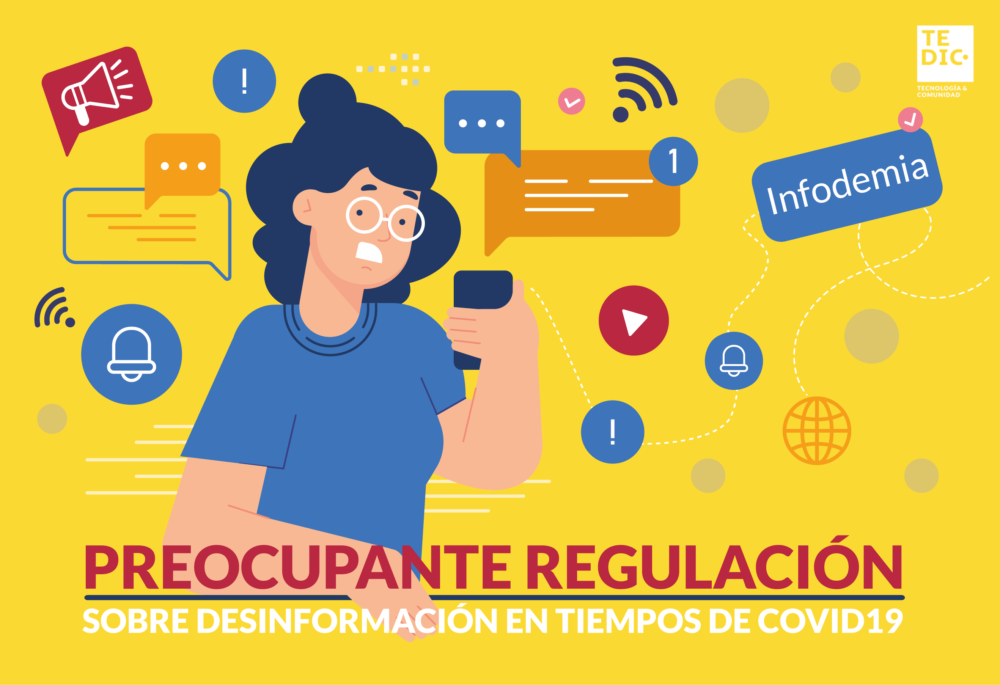
This report demonstrates, through a series of evidence collected from public sources and the empirical experience of public officials, that the use of Information and Communication Technologies (ICTs) for the recruitment of trafficking victims, with particular emphasis on cases of trafficking in persons for sexual exploitation and online sexual exploitation, is in force in our country and requires the attention of policy makers for a frontal and evidence-based fight against this scourge.
Among the main findings, these are the highlights:
◆ Although there is an understanding and knowledge of the Public Prosecutor’s Office, Ministry of Childhood and Adolescence, Ministry of Women and National Police on the role of ICTs in the process of recruiting victims of trafficking in persons, there are no processes for collecting information and data that allow quantifying the prevalence of the phenomenon of trafficking persons in its intersection with ICTs.
◆ The current response capacity of public institutions involved in the fight against trafficking in persons and sexual exploitation is insufficient in general and for a number of reasons related to territorial presence throughout the country and lack of resources. Such insufficiency is also evident with regard to the technological component for a correct protection and reparation of victims that is comprehensive to their experience.
◆ Once again, this report highlights the urgent need to pass a comprehensive law on personal data protection in Paraguay, to guide training strategies throughout the country to help people understand the value of the information they make available online, as well as to improve their digital security skills.
◆ Strategies for training and prevention of the dangers of the use of technology are currently insufficient and/or almost nonexistent in the educational sphere. Beyond the need for certain updates to the legal framework on trafficking in persons, public officials highlight the need for greater public prevention policies in order to avoid the occurrence of trafficking in persons and sexual exploitation online and offline.
◆ In relation to the current legal framework in force, a major challenge is to go beyond the current criminalization of trafficking in persons, which is currently inevitably associated with the verification of the stages of recruitment, transfer and exploitation of victims. ICTs only eliminate the transfer phase and redefine recruitment and exploitation. Thus, cases of technology-facilitated trafficking (TFT) must be incorporated into the current legal framework for effective protection and redress of victims at all stages of exploitation.
This material was prepared by the Luna Nueva Group within the framework of the Project: “Adolescents, youth and women protected from Sexual Violence with emphasis on CSEC and Trafficking in Asuncion and Department of Itapua” (Project 2022/PRYC/000697), developed by the non-governmental organization Grupo Luna Nueva of Paraguay and the Asociación de Investigación y Especialización sobre Temas Iberoamericanos-AIETI, of Spain, and financed by the Spanish Agency for International Cooperation and Development-AECID.
Research coordination: Eduardo Carrillo
Associate researchers: Jazmín Sánchez, Jazmín Duarte and María José Durán.
Research assistance: Pamela Peralta and Antonia Bogado.

 Worrisome regulation on disinformation in times of COVID19
Worrisome regulation on disinformation in times of COVID19